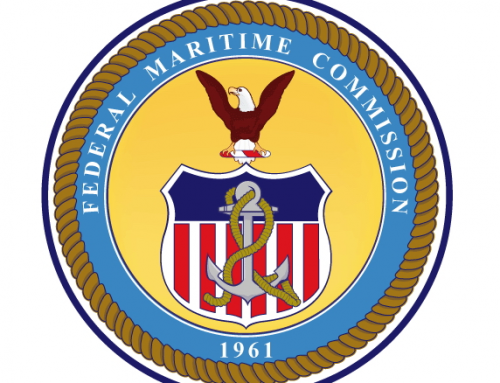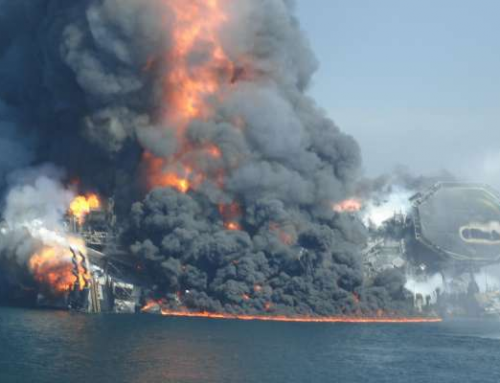Governments often find themselves uniquely situated to solve important and complex humanitarian crises. There now is none more pressing for the maritime community than the growing inability of seafarers to return home and allow their relief crews to join ships.
During a June 26, 2020, webinar[1] hosted by the International Maritime Organization (“IMO”) in celebration of the Day of the Seafarer, one unified message stood out from the esteemed panelists: “Get our hero seamen home.” Each of IMO, the International Chamber of Shipping, and the International Transport Workers Federation (“ITF”) collectively urged governments to implement protocols on safe crew change developed by the maritime industry and circulated by IMO.
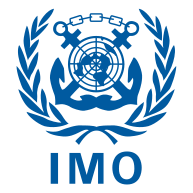
A testament to the contributions of seafarers everywhere, the 2020 Day of the Seafarer has highlighted their essential roles at the forefront of the global supply chain, while simultaneously urging governments to grant these heroes “key worker” status so that they are able to travel and transit to and from their ships . Even today, hundreds of thousands of seafarers remain stranded on their ships, desperate to return home and relieve themselves from contracts that have been extended several months past the maximum time at sea permitted under international regulations.
IMO Secretary-General Kitack Lim highlighted the contributions of these seamen during his opening remarks: “Seafarers’ work is unique and essential. Seafarers are on the front line in this global fight. They deserve our thanks. But they also need – and deserve – quick and decisive humanitarian action from governments everywhere. Not just during this pandemic, but at all times.”
As a result of the recent coronavirus pandemic, vessels, which depend substantially on seamen, have continued to carry essential goods across the globe to maintain standards of living. International Chamber of Shipping Secretary-General Guy Platten emphasized the need for leadership and action to bring seafarers home, who are fatigued, have missed countless important events, and served invaluably during the last few months. There are currently around 400,000 seafarers stuck at sea, with 200,000 needing to leave their ships and a similar number needing to replace them.
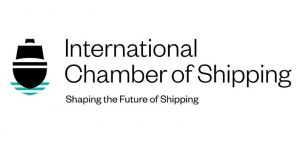
ITF General-Secretary Stephen Cotton furthered the sentiment, saying “Shipping is truly a global industry and we need governments to provide a global solution.” The ITF knows first-hand the struggle of these heroes, receiving hundreds of emails per day of seafarers expressing concerns over contracts being extended under duress. Cotton warned that such conditions will impact abilities to perform safe operations, putting seafarers, as well as the global supply chain and potentially the environment, at substantial risk.
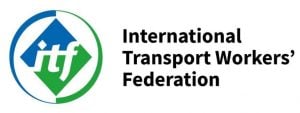
Stella Maris Manila and South East Asia Regional Coordinator Father Paulo Prigol emphasized the value of seafarers and the work they do for their communities and home countries, as well as the devastating financial and emotional impact of the pandemic on seafarer’s families as a result of the overworking and inability to return home for many of these seamen.
Some successful crew changeovers have happened in the Netherlands, as a result of the collaboration between specific shipowners, the KLM Royal Dutch Airlines, and the Dutch government as reported by Niels van de Minkelis, head of Operation Affairs for the Royal Association of Netherlands Shipowners (KNVR). Thanks to this cooperation, since May over 6,000 seafarers have been moved between the Netherlands and seafaring nations such as Indonesia, the Philippines, Poland, and more. Such progress details how efficient cooperation between entities can save lives, as well as provides some hope of a model that can be applied by employers and governments globally.
The panelists also supported the United Kingdom’s initiative in calling a global summit on the crisis while emphasizing that true progress would stem from the actions of governments everywhere to work on returning seafarers home and having them replaced.







